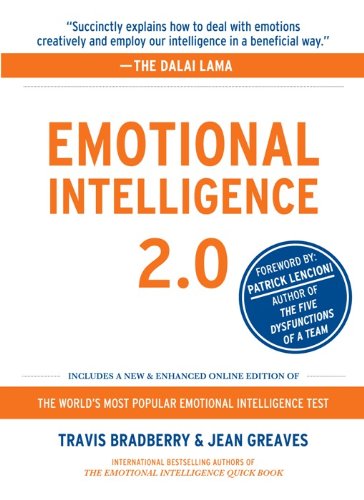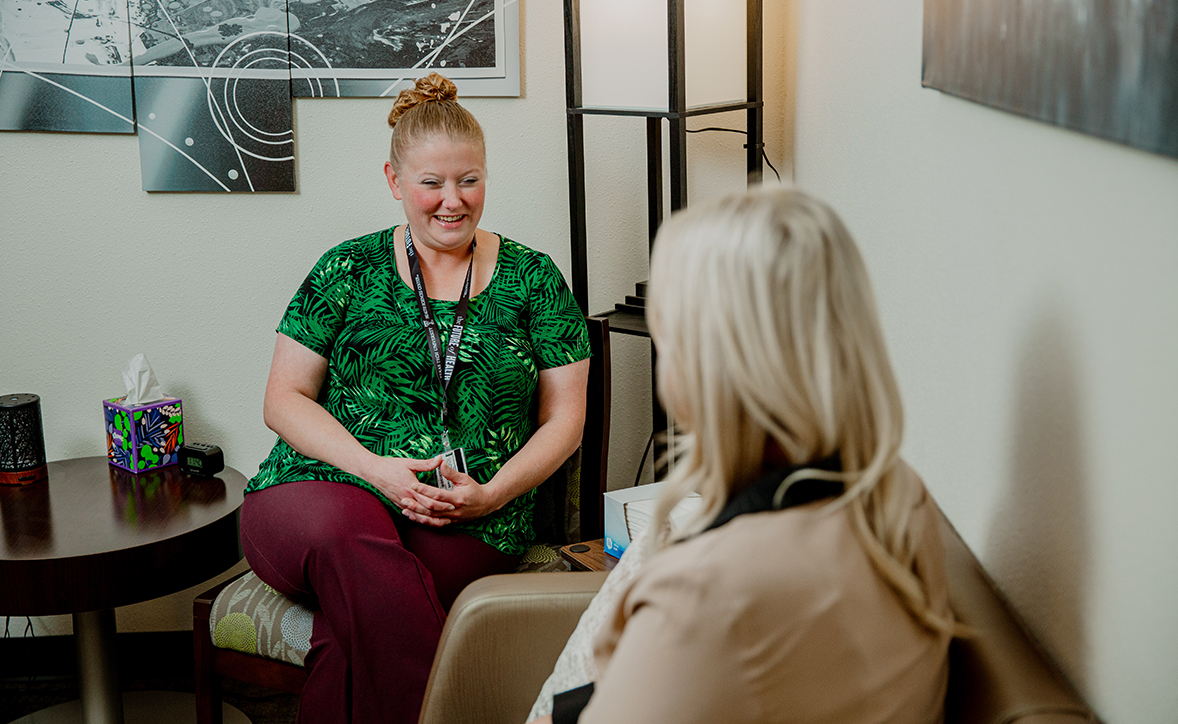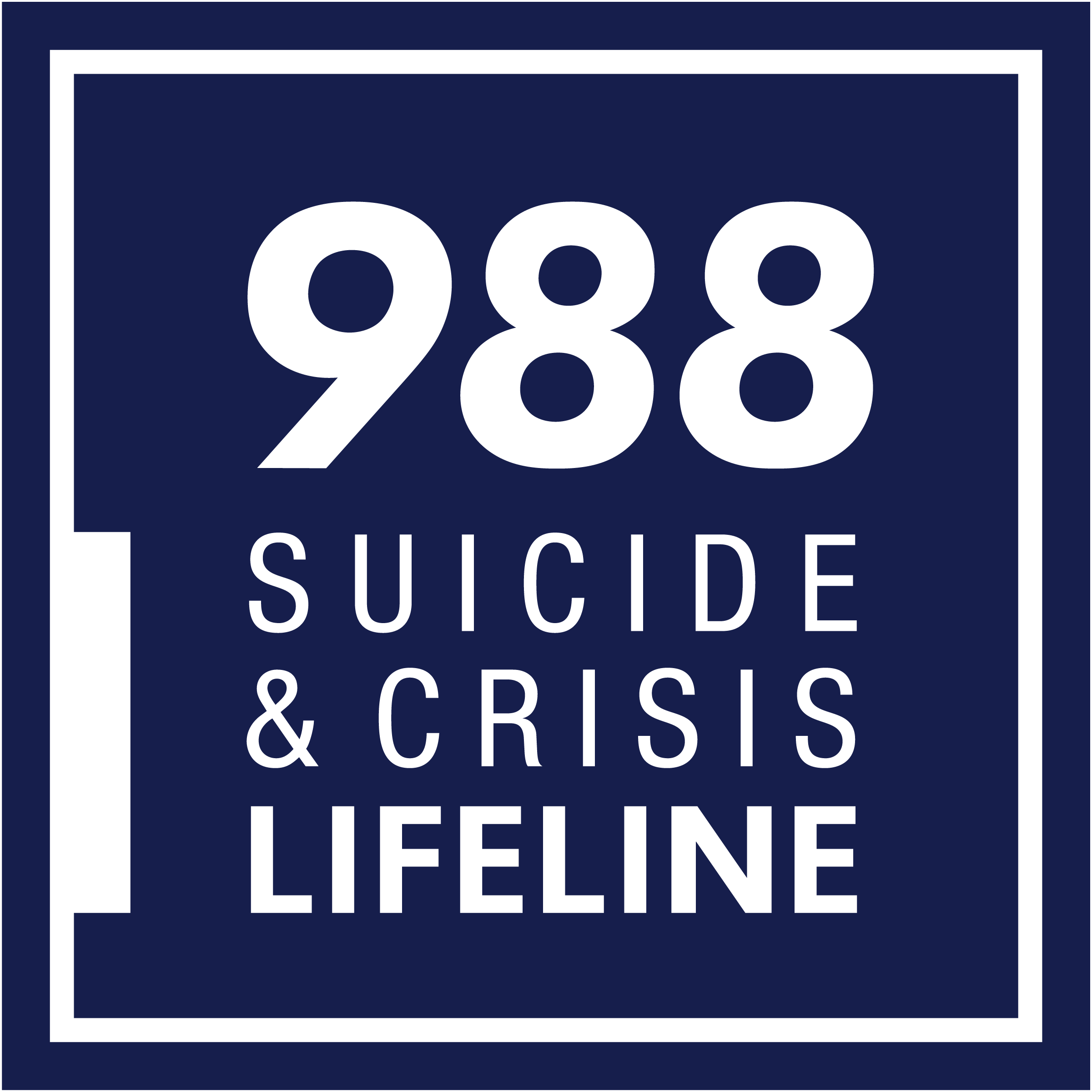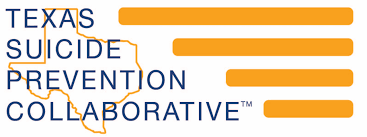Mental Health Resources
Welcome to our Resource Page
We know that managing your mental and physical health is critical to your well being. It is our hope that you will utilize some of these resources to enhance your own well being and the well being of those around you.
The term self-care describes the actions that an individual might take in order to reach optimal physical and mental health. Self-care can also refer to activities that an individual engages in to relax or attain emotional well-being, such as meditating, journaling, or visiting a counselor.
Tip: Talk to yourself the way you would talk to someone you love.
Avoid ruminating about the past or worrying excessively about the future, which creates "imaginary stress."
Check out this video by Dr. Mike Evans: The Single Most Important Thing You Can Do to Manage Stress
- Emotional Intelligence is the ability to recognize, understand and manage our own emotions. Recognize, understand and influence the emotions of others. -Peter Salovey and John D. Mayer
- Learn to recognize signs of emotional dysregulation and activate positive coping to get the "rational brain" back in control of the "emotional brain"
- Recommended reading:

- Affair Recovery (website)
- Brene Brown's Empathy (video)
- Gottman's Card Decks (app)
- Gottman's Four Horsemen (video)
- Gottman's Making Marriage Work (video)
- Addiction Center (website)
- Quit Smoking by Dr. Mike Evans (video)
Suicide is a mixture of neurochemical vulnerability, desperation, and circumstance.
- Compassionate Friends: supporting family after a child dies
- Grief Share Groups
- Spark of Life (Grief Recovery Retreat)
- Other resources:
Tips for Coping with Grief and Loss:
- Allow yourself time to grieve as well as give yourself breaks from the grieving process.
- Avoid alcohol and other mind-altering substances.
- If you follow a religious faith, this can be a time for prayer and quiet meditation. Seek our your faith mentors.
- Learn to be sensitive and flexible with you new needs and lifestyle.
- Pay attention to your body's needs. Exercise and balanced nutrition are essential.
- Seek professional help if necessary.
- Surround yourself with friends and family who love and support you. Avoid isolating.
- Take your time, don't judge or measure your reactions by those of others.
- Talk, share your feelings and the meaning this loss has for you.
- Tears may come unexpectedly and at times when you thought you were finished grieving. Be patient with yourself.
Request an Appointment
We're here to help. Contact us if you have questions or to make an appointment.
Phone: 806.743.1327 or 800.327.0328
Resources
National Suicide Prevention Lifeline Call or text 988
If you are in crisis and one of the following applies to you:
- You feel you are in immediate danger of harming yourself.
- You feel you are in immediate danger of harming someone else.
- You have recently been assaulted or had a traumatic experience.
Please do one of the following:
- Call 911 – you will be connected with the police who can help you get emergency services.
- Call the StarCare Crisis Team 806.740.1414.
- Go to your local emergency room.
The Texas Suicide Prevention Collaborative (TxSPC) is a nonprofit organization dedicated to supporting Texas communities in their efforts to build suicide prevention capacity. We do this by promoting the use of evidence-based best practices that encourage the public health approach to suicide prevention. To view more available crisis lines click here.






